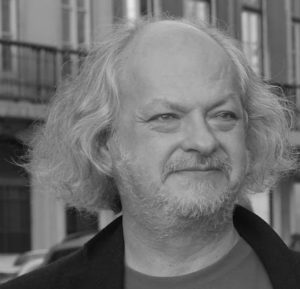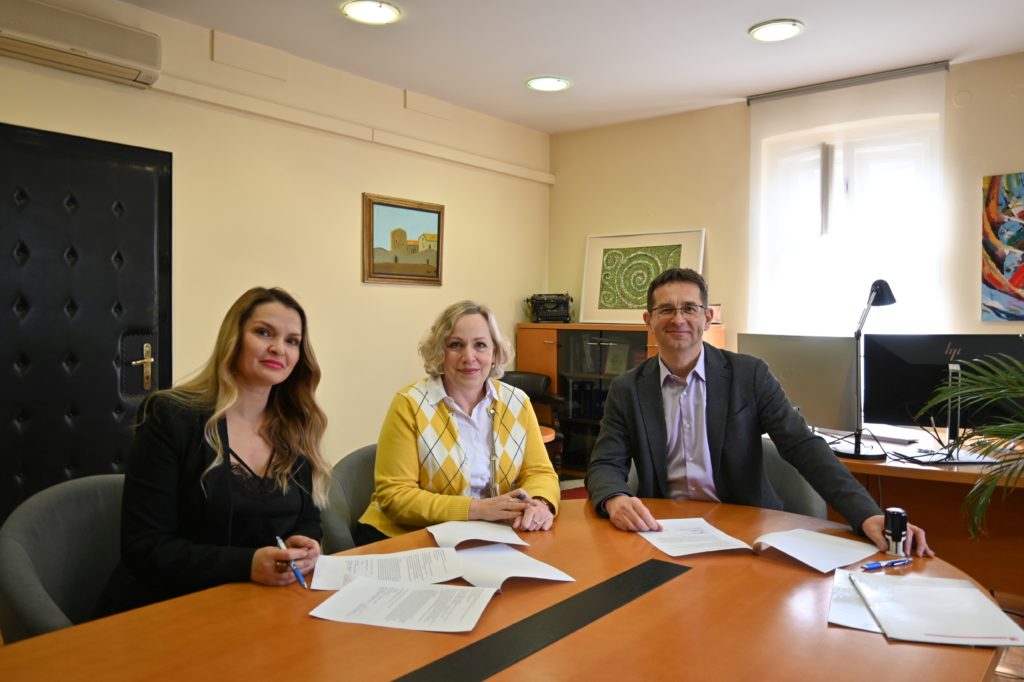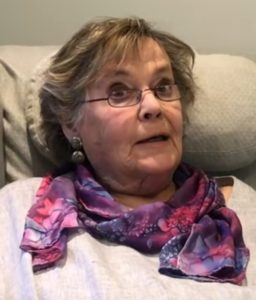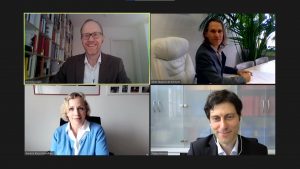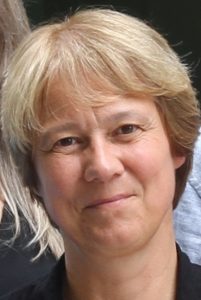The Richard and Jeannette Allsopp Centre for Caribbean Lexicography in conjunction with the Department of Language, Linguistics and Literature held the 10th Richard Allsopp Memorial Lecture on March 14th, 2025, in the Cynthia Wilson Arts Lecture Theatre at the University of the West Indies (UWI), Cave Hill Campus, Barbados.
Celebrated as a significant milestone honoring the legacy and contributions of Professor Richard Allsopp, this year’s guest lecture was delivered by Cristiano Furiassi, Associate Professor in English Linguistics at the University of Turin, Italy.
Under the topic Richard Allsopp’s ‘Amateur’ Sources: Reviving Barbadian Folklore, Professor Furiassi presented on the contribution of information from non-professional or ‘amateur’ lexicographers contained within Richard Allsopp’s publications – the Dictionary of Caribbean English Usage (DCEU), the New Register of Caribbean English Usage (NRCEU) and A Book of Afric Caribbean Proverbs (BACP) – while focusing mainly on Barbadian English and Bajan.
Professor Furiassi further highlighted examples of Barbadian toponymic, i.e., placename-based, idioms extracted from the above-mentioned sources. He also expanded on how ‘amateur’ endeavors may continue to shed new light on territorial lexis and phraseology, thus attesting to their role in reviving local folklore by ensuring that Barbadian lore remains available to future generations.
The lecture was held as a hybrid event, bringing together members of the university community, Jeannette Allsopp, other members of the Allsopp family and specially invited guests, including the Acting President of Barbados, His Excellency the Very Reverend Dr Jeffrey Gibson, and his wife, who graced the occasion with their presence. An article by John Sealy, published in the national newspaper Weekend Nation on Friday, March 21st, 2025, testified to this by also including a picture by Lennox Devonish portraying Prof. Furiassi and the Very Reverend Dr Gibson in conversation.

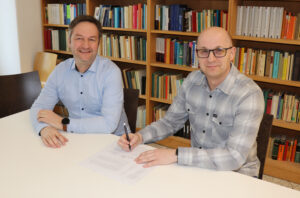 On April 9, 2025, Iztok Kosem (the president of EURALEX) and the EURALEX 2026 conference organiser Philipp Stõckle (of the Austrian Centre for Digital Humanities and Cultural Heritage), signed the agreement to organize the XXII EURALEX International Congress in Vienna, Austria. The conference will be held from Tuesday, September 29 to Saturday, October 3, 2026. The contract was also signed by both Alexandra Lenz and Karlheinz Mörth (Director and Deputy director of the Austrian Centre for Digital Humanities and Cultural Heritage, respectively) who were absent on the day.
On April 9, 2025, Iztok Kosem (the president of EURALEX) and the EURALEX 2026 conference organiser Philipp Stõckle (of the Austrian Centre for Digital Humanities and Cultural Heritage), signed the agreement to organize the XXII EURALEX International Congress in Vienna, Austria. The conference will be held from Tuesday, September 29 to Saturday, October 3, 2026. The contract was also signed by both Alexandra Lenz and Karlheinz Mörth (Director and Deputy director of the Austrian Centre for Digital Humanities and Cultural Heritage, respectively) who were absent on the day.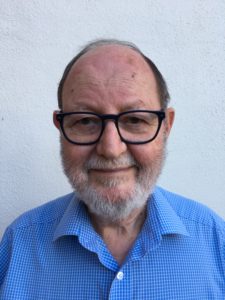
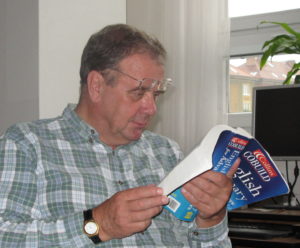 We are sorry to bring the sad news that Patrick Hanks died on Thursday 1st February. Patrick was a friend, colleague, and mentor to so many of us, and the lexicographic community has lost one of its most distinguished and most admired members. Patrick’s influence on our profession has been profound, indeed almost immeasurable, and he will be greatly missed.
We are sorry to bring the sad news that Patrick Hanks died on Thursday 1st February. Patrick was a friend, colleague, and mentor to so many of us, and the lexicographic community has lost one of its most distinguished and most admired members. Patrick’s influence on our profession has been profound, indeed almost immeasurable, and he will be greatly missed.